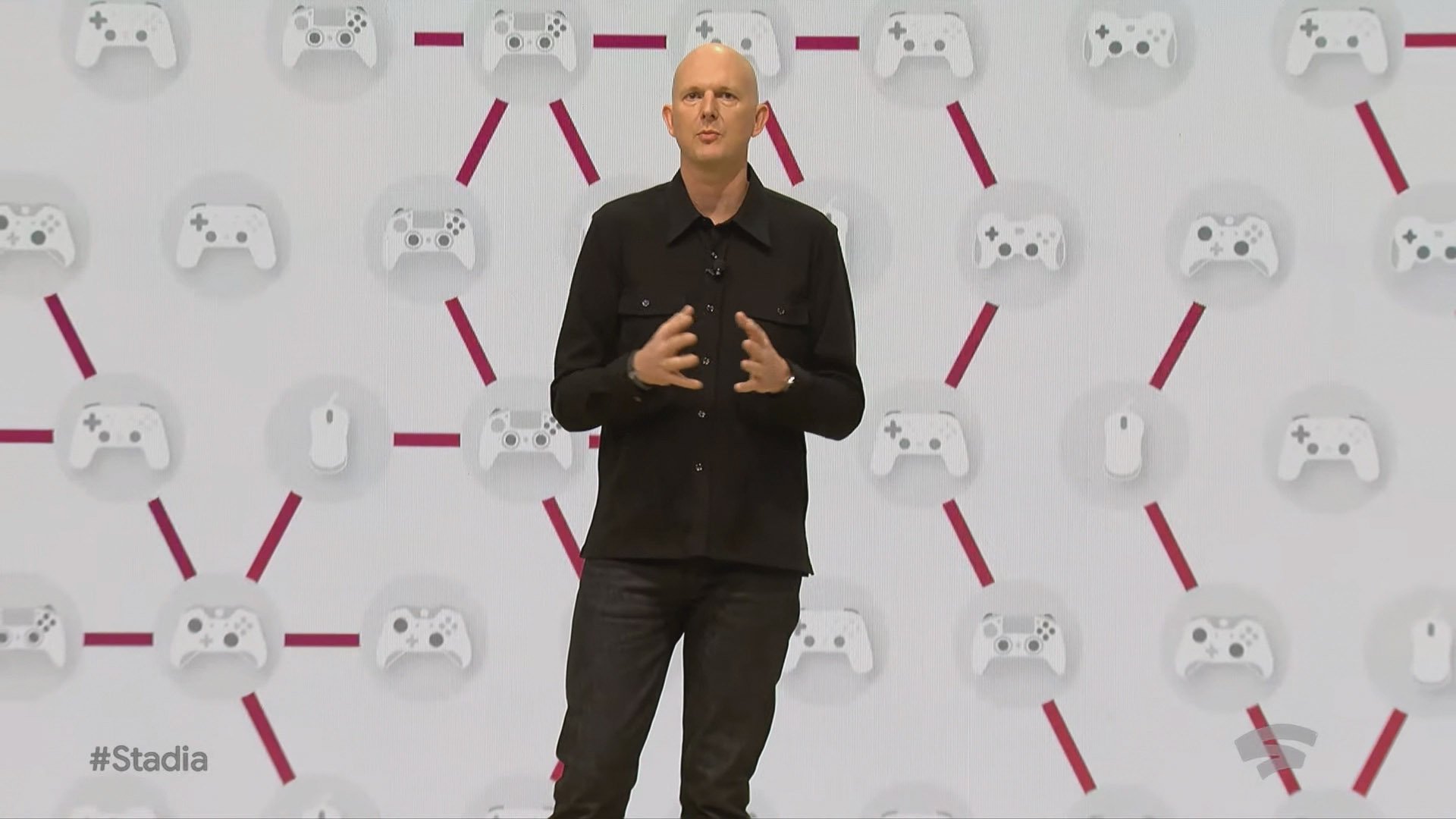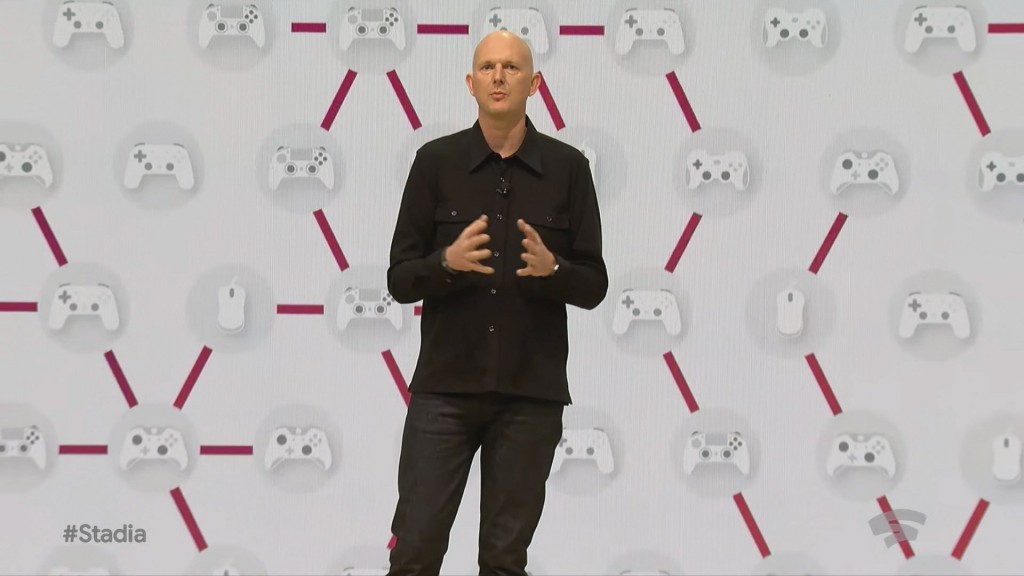Google’s Stadia streaming service is too good to be true. The idea of almost instantly being able to access the best of modern triple-A titles wherever you are and play them on what is essentially a high-end gaming PC is appealing, but Google Stadia will likely not be the service that delivers it.
While there are some people who will tell you that cloud-based gaming in general just isn’t ready, that’s not quite true. There are certain, inherent problems with the medium, but there are other problems unique to Google’s upcoming service.
Here are just some of the problems that suggest Google’s vision of the future of gaming won’t be all it could be.
It’s a Console, Not a PC
Fun fact: There’s a service called Shadow that allows you to digitally rent a high-end gaming PC for $35 a month. What that means is you get your own personal PC (via a server) that allows you to download games from Steam, GOG, Origin, or whatever. You can even download mods for them, or whatever else you want, and enjoy them over an incredibly fast internet connection.
Stadia isn’t that. It’s essentially a next-gen console that you can play on PC (or phone, or your TV) but offers few of the benefits of actual PC gaming. On top of that, you’ll have to rely on your own internet connection and (potentially) have to buy games exclusively for Google’s platform. There’s also a strong possibility that games that rely on their own launcher (such as Battle.net, Origin, and Epic Store exclusive) games won’t be available via this service at all.
Multiplayer Gaming is Going to be Incredibly Difficult
Whether they’re your favorite or not, there’s no denying that multiplayer games are among the biggest games in the world. The problem is that Google is going to have a hard time getting most of these games to work on Stadia.
Stadia is dependent on your personal internet connection. That may or may not be a bad thing, but what really matters is that multiplayer gaming on Stadia is dependent on your internet connection and the internet connection of everyone else you’re playing with. That means that latency could drastically affect things like when you shoot vs. when the bullet hits.
It also means that Google must have pioneered some incredible new technology if they think they can host 100+ cloud users all utilizing different internet connections in a single game.
Streaming 4K Gaming at 60 FPS Probably Isn’t Possible (Right Now)
Google played its Stadia presentation (mostly) safe by not revealing too much information they have to commit to. However, they did make at least one promise that you have to believe is absurd.
The idea that Google Stadia will allow you to stream 4K games (much less the 8K that Google alluded to) is laughable. Currently, Netflix recommends a 25 Mbps internet connection to stream 4K equivalent video content. That’s assuming other people aren’t also streaming at the same time, in which case the requirement goes up.
The situation will be worse for video games. Not only are games more demanding in general, but titles like Doom (which, oddly, Google showcased) that are just better played at 60 FPS are going to be especially taxing. Oh, and if you have a data cap on your internet, don’t even think about getting this service.
It Feels Unlikely That Google Will Get Any Major Exclusives
Google teased the idea of acquiring (and developing) exclusive games for Stadia. While that’s certainly possible, it seems highly unlikely.
Sony has their exclusives, and they’re not sharing them with anyone. Nintendo has theirs, and they’re doing the same. Microsoft has exclusives and does share, but they will likely do so via their own streaming service. On top of that, you’ve got EA, Blizzard, and Epic increasingly offering games exclusively via their launchers.
Where does this leave Google? They may have all the money in the world, but just who is left out there for them to court?





